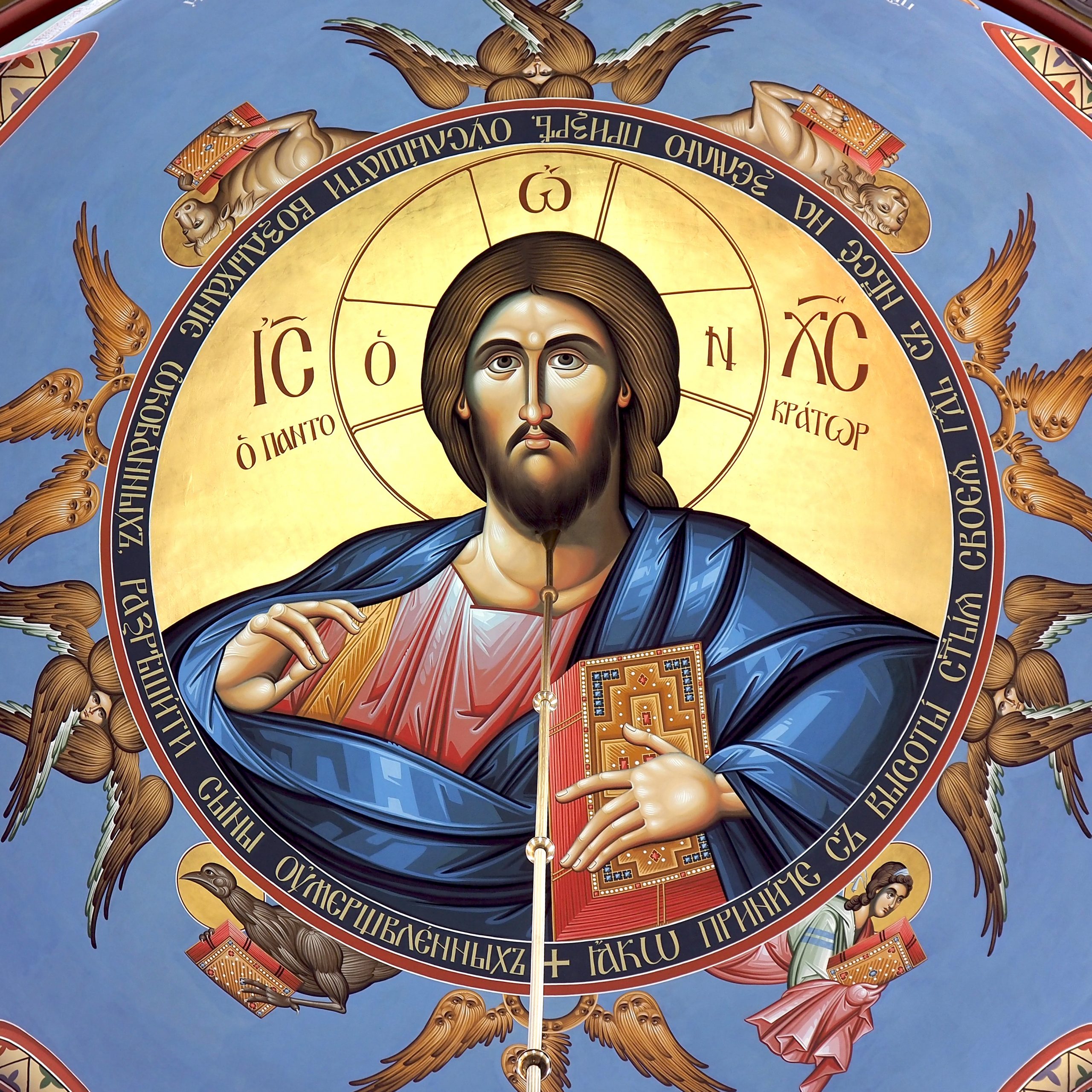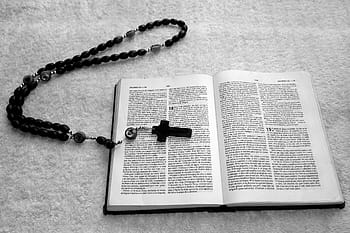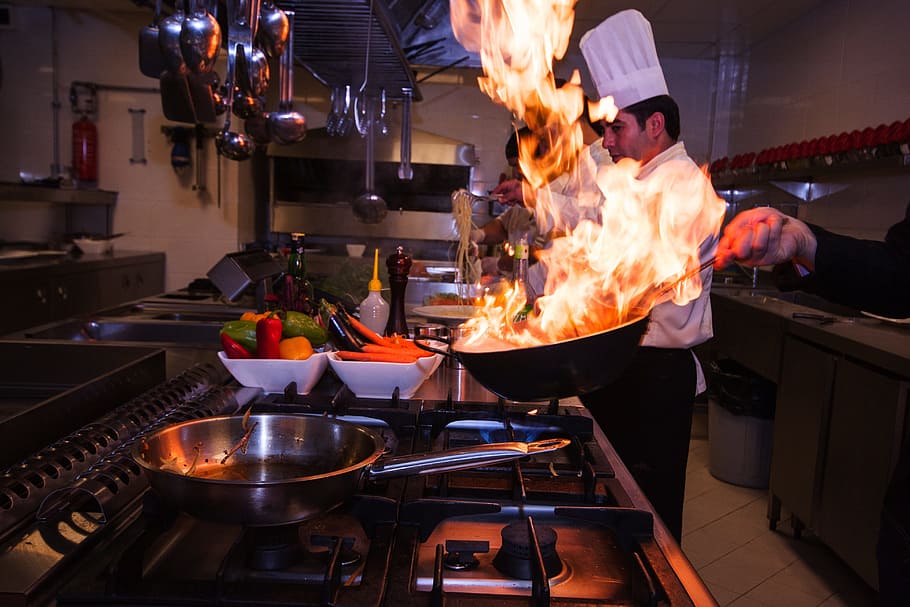CONCLUSION
PART IV:
We Are Called to Be Barnabas
September 7, 2021

There was not a needy person among them, for as many as were possessors of lands or houses sold them, and brought the proceeds of what was sold and laid it at the apostles’ feet; and distribution was made to each as any had need.
Thus Joseph who was surnamed by the apostles Barnabas (which means, Son of encouragement), a Levite, a native of Cyprus, sold a field which belonged to him, and brought the money and laid it at the apostles’ feet.
Acts 4:34-37
What’s in a name?
Depending on the name you have, it could be quite a lot. We all have a family name that can often be traced back many generations. It reminds us of where we come from. On my father’s side, our family name reminds us that we are Greek, more specifically Cretan (from the island of Crete). This shapes us culturally with our values, and also our religion: Greek Orthodox. On my mother’s side, generations back, our ancestors were Lutheran missionaries. So perhaps spreading the word of God as my life’s work is in my genes. Our first names often mean something. We may be named for someone, a grandfather or grandmother or someone else who had significance to our parents when they were naming us. I was born on a prayer. My name “Stavros” means “cross,” and I’m named for the Holy Cross. It is certainly an appropriate name for someone who is a priest. My middle name is Nicholas, my father’s name. I always sign my name with my middle initial, “N”, because it reminds me of him, especially now that he is gone.
I share this because a name helps shape who we are. It might even give us expectations to live up to.
In some countries, it is not uncommon for people of wealth or nobility to have many names—a first name, a family name, and a few names in the middle. In I Peter 2:9, we read, “But you are a chosen race, a royal priest, a holy nation, God’s own people.” According to God, we are royalty. As God’s chosen people, imagine if we each added another name to our names. It should be the name “Barnabas”, because Barnabas means “Son of encouragement” (Acts 4:36). Imagine adding this as a middle name, and more important, imagine adding this name as part of our identity.
In Acts 4:34, we read that none of the people of the church were needy. In this context, they were speaking about communal living. What is described is akin to a monastery, where everyone lives together and gives away what they have for the good of the community. Barnabas also sold what he had and brought it to the Apostles. Barnabas later become an apostle, and accompanied St. Paul on his journeys. While Paul might be considered “the front man,” (after all, it is his Epistles we read, and we talk about him as the paramount of the Apostles) Barnabas was his “wing man”— his helper and, probably in many instances, his encourager.
Going to Acts 4:34, there are many people in the world who are “needy” when it comes to encouragement. “Needy” unfortunately is sometimes translated as “high maintenance.” The opposite of needy is self-sufficient, one who doesn’t need anyone or anything. We all have a need for encouragement and positive reinforcement. Without at least some of it, we are all prone to self-doubt, and even self-destruction. In Acts 4:34, we read that “there was not a needy person among them.” We have an obligation to help those who are in need around us. That might mean offering food to places that distribute it to the hungry, or offering money to help fund places that provide shelter for those who are without a home. But even more practical, and something we encounter on a daily basis, are those who are in need of encouragement.
Barnabas offered encouragement in two ways—he offered it specifically to St. Paul, and he offered it in general through his contribution to the community. We are called to do the same. We are called upon to be positive voices in our communities, in our large groups—whether it is a neighborhood, a church, a team, a job or a family. We can all provide encouraging voices in our communities. We are also called upon to be encouragers to individuals in the way that Barnabas was for St. Paul. These individuals include our spouses, our children, our parents, our closest friends, and anyone we walk in tandem with. To walk in tandem with someone doesn’t necessarily mean you do it for life (i.e. with a spouse). We might walk in tandem with someone for only a few minutes or only a few feet, like the random person that crosses the street with us, or that we pass on the sidewalk. A “good morning” and a smile are forms of encouragement. We should be offering them to everyone.
My names (first, middle and last) shape my identity. I think about them every day. I try to honor each of them. Let us each add a name to our names, the name “Barnabas,” son (or daughter) of encouragement. And let this adopted name also shape our identity on a daily basis. Let us make sure that we fill the need for encouragement that people around us have.
Lord, thank You for the gift of my name, and the people and expectations associated with it. May I always remember where I come from and the meaning of the name given to me. Please help me to see myself also as a Barnabas, as a son/daughter of encouragement. May this role become part of my identity on a daily basis. May I glorify You through encouraging others each day. Allow me to see those who are needing encouragement. And please send people to me in the moments when I am most in need of encouragement. Amen.
Attach the name “Barnabas” to your name. We were all born to be sons/daughters of encouragement!
+Fr. Stavros




